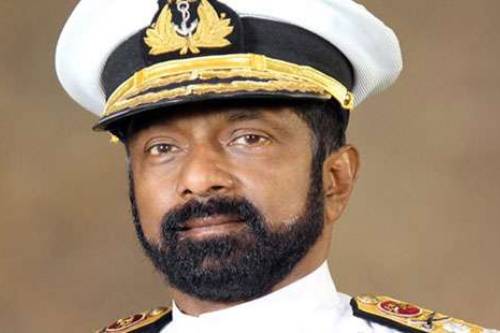Foreign Secretary Admiral Prof. Jayanath Colombage this week said Sri Lanka’s global ranking on Sustainable Development Goals (SDGs) had improved despite the COVID pandemic.
He made this declaration during his keynote address at the 5th South Asia Forum on Sustainable Development Goals in Colombo.
Colombage said Sri Lanka had improved its global rank by seven positions and was now placed at the 87th rank out of 165 countries, according to the Sustainable Development Report 2021, despite the challenges of the ongoing COVID-19 pandemic.
Highlighting the priority attached to the SDGs by the Government, he said that Sri Lanka had set its own national development targets, driven by the global level of ambition. He said that Sri Lanka, taking into account the national context, priorities and circumstances in its endeavours to achieve the SDGs, had established dedicated platforms to accelerate progress in areas that require more focused interventions and coordinated action.
The Foreign Secretary pointed out that the socio-economic impacts of COVID-19 would be the greatest challenge for the South Asia region in achieving progress towards SDGs and accordingly, ensuring adequate and sustained financing for development would be a challenge.
As Sri Lanka is rebuilding the economy after the pandemic, the Foreign Secretary reaffirmed Sri Lanka’s unwavering commitment to remaining engaged and fostering international cooperation with a view to find transformative pathways to achieve sustainable development.
The forum co-organised by the United Nations Economic and Social Commission’s (UNESCAP) South and South West Asia Office, the Sustainable Development Council of Sri Lanka and the Foreign Ministry, under the theme ‘Building back better from COVID-19 while advancing the full implementation of the 2030 Agenda’.
Held as the first international event in Sri Lanka during the pandemic, it was attended by 36 delegates from six countries, officials of the ESCAP South and South-West Asia Office, UN officials in Sri Lanka, Government officials, civil society, think-tanks, experts and other stakeholders. It paved the way to enhance understanding of key challenges and opportunities in the implementation of the 2030 Agenda and the Regional Roadmap to support and complement the sub-regional agenda through sharing of experiences and knowledge.
(FT)

